-
ABOUT US
-
ACADEMICS
Curriculum Program
Departments
- English
- High School Chinese
- Primary and Junior School Chinese.
- High School Mathematics
- Middle School Mathematics
- Primary School Mathematics
- Music and Fine Arts
- Physical Education
- Physics
- Chemistry
- History and Geography
- Physical Science and Optional courses Department
- Middle School Biology
- High School Biology
- Social Sciences
- Computer Science
- Courses in Primary School
Achievements and Matriculations
College Counseling
Science & Technology Innovation Contest
Subject Competition
-
ARTS
-
ATHLETICS
-
AT SHSID
SHSID ∣ TIMES
PTSA
Club Exhibition
- 龙吟社
- Live 2 Drama
- Choir
- Hip-pop Dance Club
- The Primary School Dance Troupe
- Symposiums Club
- Biology Workshop
- You Shan
- VEX Robotic
- Peking Opera Club
- Baseball Club
- Model United Nations
- The World Scholar’s Cup
- Future Problem Solving Club
- United States Academic Pentathlon
- OM Club
- AMC Club
- Music for Patients
- SHSID Gazette
- Smile Charity
- Cultural Moments
- SciAcademy
- Stem Doge Alliance
- Chinese Debate Club
- IAA
- Mock Trial Club
- Zhengming Club
- Furry Friends
- GT-Racing
- Village Radio
- IMMC Club
- Creative Design and Intelligent Fabrication
- Future City Research Project
- ECOCAP
- AdvocaSEA
- SPDC
- Medishine
- Floorball Club
- Animusic MTC
- Wings Up
- All Booked
Health and Wellness
Campus Safety
Cafeteria Service
-
ADMINISTRATION
-
ADMISSIONS
-
ALUMNI
Alumni Information
Honors Students
- Class of 2025
- Class of 2024
- Class of 2023
- Class of 2022
- Class of 2021
- Class of 2020
- Class of 2019
- Class of 2018
- Class of 2017
- Class of 2016
- Class of 2015
- Class of 2014
- Class of 2013
- Class of 2012
- Class of 2011
- Class of 2010
- Class of 2009
- Class of 2008
- Class of 2007
- Class of 2006
Who Studied at SHSID
SHS Foundation
-
DOCUMENTS
Grade 6: Online Parents’ Meeting
The grade 6 online parents’ meeting was held on the evening of November 4th. Grade 6 is the first year of middle school, which means the 6th graders will face many changes in their studies, social relationships, physical body, and psychology. How can they adapt to their new school life? The cooperation between family and school is undoubtedly essential.
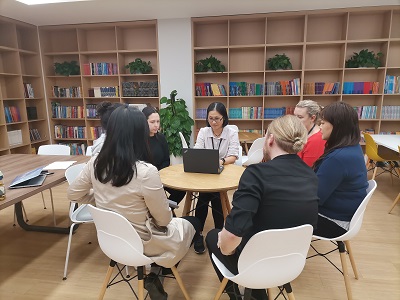
The parents’ meeting consisted of three parts. Firstly, Ms. Yan, the grade 6 supervisor, introduced the general condition of the whole grade. The middle school cultivates students into “independent learners” and “responsible world citizens.” Ms. Yan presented “What is an independent learner” and methods and activities that help students become independent learners, such as using the planner, reading activities, and goal setting. Music, PE, Art, and IT courses provide different interesting learning content throughout the year, and we look forward to outstanding performances from students during the Art Festival this semester.
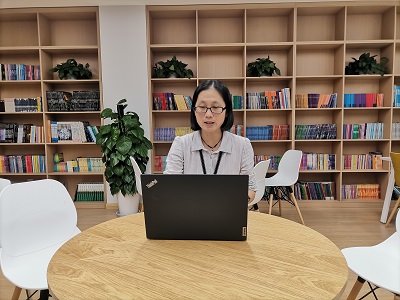
Secondly, Ms. Scott talked about how parents can encourage independent learning. She mentioned three ways. The first way is helping students prioritize their mental health by communicating more with children and understanding their feelings and emotional changes. The second way parents can encourage independence is by helping their children better develop problem-solving skills. If children make mistakes, it is important to help them find solutions to problems, which will help them not be nervous and know how to deal with issues in the future. The last one is focused on time management ability. 6th graders often procrastinate until the last minute. Parents can guide children to use their planners and manage their time to find a suitable place to complete their tasks.
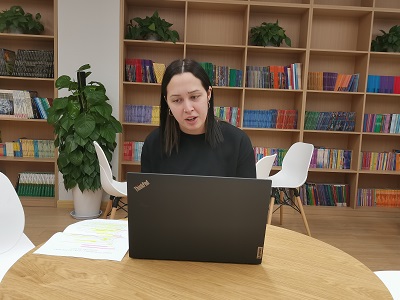
The third part of the parents’ meeting was the head of each subject introducing the curriculum, objectives, levels, and abilities required for studies. Ms. Yan, the head of the middle school math department, said grade six was a critical moment to help students form good habits, such as completing homework on time with high quality, concentrating, and taking notes in class. The math department provides optional courses, ELP courses, clubs, and international math competitions to expand the learning content and meet students’ different needs for math learning.
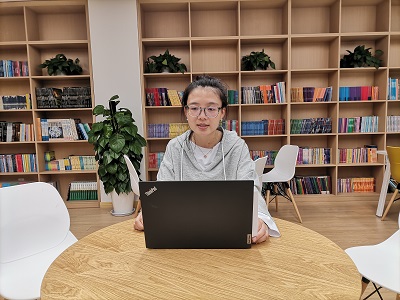
Ms. Yao, the head of the middle and primary school science department, especially emphasized that cultivating students’ scientific inquiry ability was vital, such as doing research, designing experiments, and analyzing data. The science department also provides optional courses, projects, and competitions to enrich students' learning.
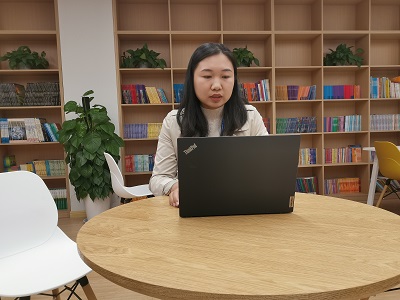
Mr. Key, the head of the English department, discussed how English classes focus on reading and writing. There are different types of writing in each semester. English teachers utilize MAP tests to evaluate and track students’ English development. Mr. Key said parents could facilitate students practice English outside the classroom and encourage children because motivation is key to linguistic learning.
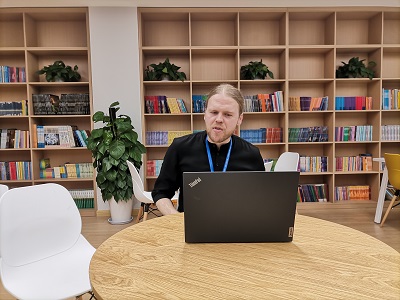
Ms. Liu, the head of the middle school Chinese department, introduced the differences between the non-native Chinese and native Chinese courses. The non-native Chinese course enriches the interest in Chinese learning through various activities. The native Chinese course carries out learning in literary history and helps students to study in IB courses when they go to high school.
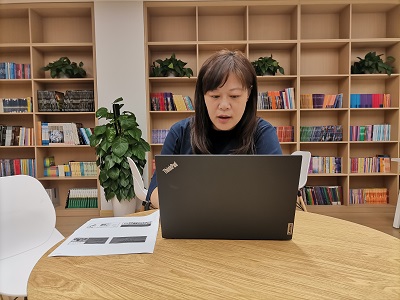
Ms. Crips, the head of the history department, talked about which chapters history classes will cover this semester. The skills that history classes focus on are identifying sources, source literacy, and informational writing (CER writing). By the end of the school year, the goal of history class for students is to answer essential questions, such as what defines a civilization, how power is obtained and maintained over time, and how we know if the information is credible.

Through this parents’ meeting, parents received more information about students’ learning and campus life. With the cooperation between family and school, the sixth-grade students will grow up and become qualified middle school students. This will be an incredible year for every 6th grader!
(Written by Liu Chen, Jess Scott Pictures by Liu Chen Edited by Huang Shiyuan, Brie Polette)